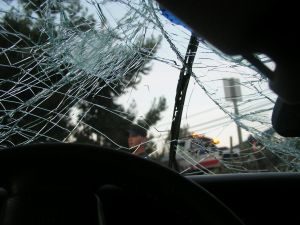Proving fault in a car accident is not enough to prove one is entitled to monetary compensation. One must also prove causation. This means the person injured has to show that it was defendant’s breach of duty that caused plaintiff’s injury, and not some other intervening action or inaction.
In the recent case of Finkel v. Batista and Sanchez, the issue was whether trial court erred in granting a new trial after defendant was found 100 percent liable for a car accident, yet plaintiff was awarded $0 in damages. The court was basing its decision on the precedent set in the 1997 case of Sparks-Book v. Sports Authority, Inc., wherein the Third District Court of Appeals decided as a general rule that plaintiffs should at least be able to recover medical expenses for diagnostic testing reasonably necessary to determine whether an accident caused injury.
However, the 3rd DCA, in weighing Finkel, reversed, noting there are exceptions to the general rule and there was sufficient evidence to support the verdict of the jury. Further, plaintiff might have valid grounds to assert a new trial on the basis of a verdict form that indicated the jury should return a verdict that was “all-or-nothing.” The problem was, plaintiff’s counsel never objected to that verdict form, and thus she lost the right to fight it on appeal. Continue reading ›
 Florida Injury Lawyer Blog
Florida Injury Lawyer Blog





